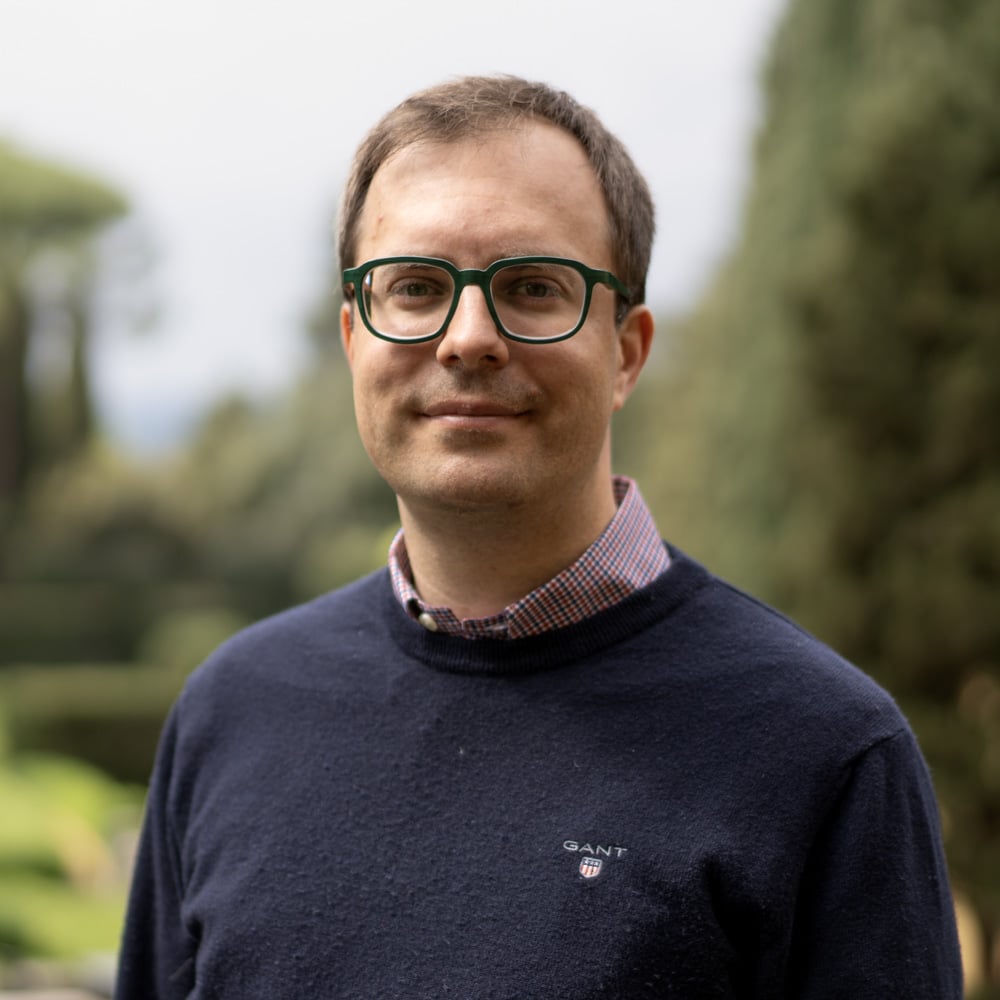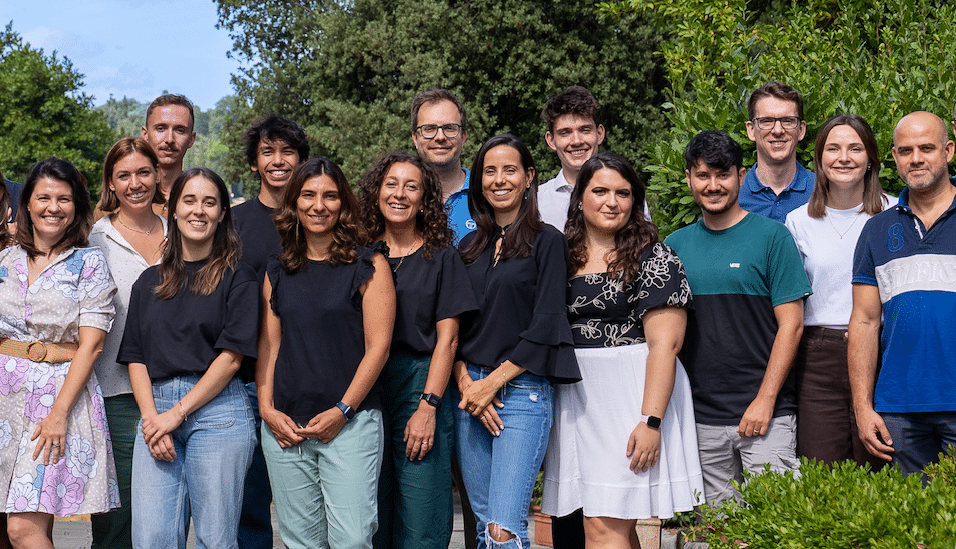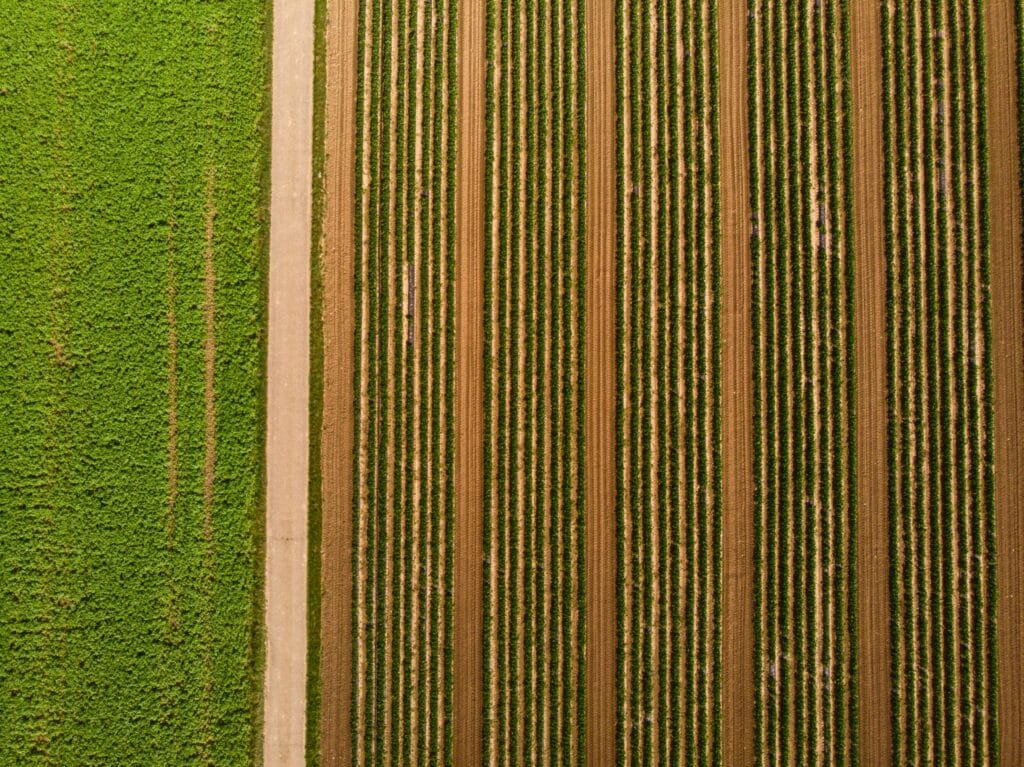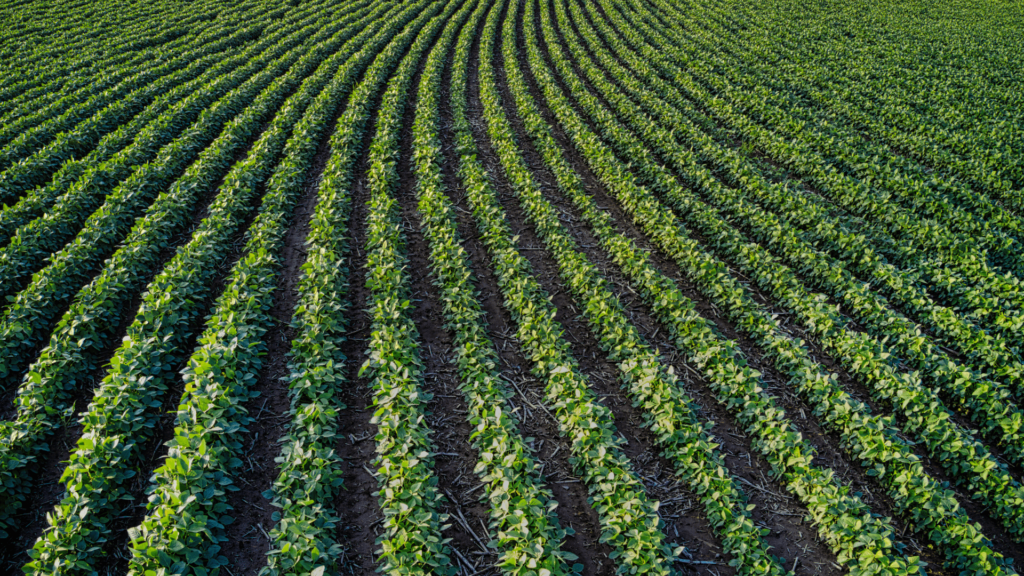Climbing the research ladder
This is the first installment of the Topic of the Month 'FSR research in action: the people and stories behind our impact'
Modern researchers must command a broad set of skills if they want to succeed and have an impact on their field and society. Certainly, they need to be able to navigate the scientific literature on a certain topic, master the quantitative or qualitative methodologies needed to investigate a research question, and possess the abilities required to write an article or a research report. However, this is far from being enough nowadays. Beyond that, modern researchers should be able to work in teams, interact with the broader scientific community, look for research funding, engage with the world of practice, disseminate their research results, and deliver attractive and effective training courses.
Being proficient in all these tasks is challenging and requires a researcher to constantly go beyond his or her own comfort zone. For this reason, it is important for each researcher to set some development priorities and identify a growth path that allows, over the years, to climb the ‘researcher ladder’.
Introducing the FSR Researcher Development Framework
At the FSR, we have adopted a Researcher Development Framework, tailored to the specific characteristics of the School, with the goal of professionally follow the career growth of the researchers that join the team. The Framework distinguishes four broad activities in which FSR researchers can typically be involved (research, training, engagement with practice, and dissemination) and further splits them up into a series of tasks and sub-tasks, requiring different skills and expertise. Importantly, many of the tasks included in the framework can be performed at different levels of complexity: co-authoring a book chapter in an edited volume, for instance, is definitely less demanding than authoring or editing an entire book.
Every year, each researcher working at the FSR has a dialogue based on the Framework with their own research team leader and the school’s management. The dialogue has multiple aims:
- to come to a shared appraisal of what each researcher has achieved in the previous year, with a reflection on the difficulties encountered and any possible lessons learnt;
- to align on the plans for the next year and their feasibility with a possible need to prioritise or reallocate tasks;
- to identify and reconcile possible mismatches between individual aspirations and team priorities;
- and to discuss the need for development training and coaching.
By systematically repeating this exercise at regular intervals, we believe we increase transparency, offer growth opportunities in a fair way, and better manage expectations.
Hear from our newcomers
Are our convictions regarding researcher development appropriate? Let’s ask this directly to the last two researchers that joined the FSR team over the summer 2025.
I think the FSR is an ideal place to develop my curiosity in the research topics that interest me, while also discovering new ones along the way. I first decided to join the FSR because of its unique position in the European context, enabling high-quality academic research with a very clear impact, both in Brussels and elsewhere.
Since I arrived, I have also realised the great opportunity I will have to learn from my colleagues – from the senior ones, highly regarded in the sector, to the younger ones just starting their postdoctoral careers. Their different disciplines and backgrounds, together with very high working standards, provide an ideal opportunity to develop my academic career.
Even though it might seem sad that our time at FSR is limited, I think this also makes us researchers reflect on our development during our tenure here, ensuring we make the most of the opportunities that are given to us.
I always try to push the boundaries of what I consider my comfort zone.
This new period will be full of these opportunities: from being part of the course faculty in the FSR training courses, participating in its annual events or connecting with many of the stakeholders that influence the electricity sector.
With every year that passes, I hope to acquire more active roles and responsibilities in each of these activities. The FSR researcher development framework provides a clear and gradual way to observe my progression and look towards new objectives, which in the short term is to write my first academic paper!
Aliénor Cameron
Aliénor is a Visiting Fellow at the FSR since July 2025 and an External Economic Consultant at the OECD. She holds a PhD in Economics from the University of Paris Nanterre and the Climate Economics Chair. Previously, she had worked at the European Commission, Bruegel, and the Paris School of Economics.
Hi Aliénor, you recently defended successfully your PhD, but you have already some relevant past working experiences. According to you, how important is it for an institution to take care of the personal and professional development of its own employees or collaborators? Do you remember any best practices from the institutions you collaborated with in the past that you would like to share?
I think it’s essential for institutions to invest in the personal and professional development of their employees and collaborators. It fosters not only loyalty and motivation but also strengthens the institution itself since its people are its greatest asset. Supporting individual growth leads to stronger networks, better research outputs, and broader dissemination.
From my past experiences, two practices stood out. First, receiving close mentorship and regular feedback from senior researchers was incredibly important to my learning. Second, being trusted to lead research projects and present them in public forums helped build both confidence and competence. These opportunities made a real difference in my development.
You joined the FSR as a visiting fellow for one year. How will this experience support your professional and personal development?
Joining the FSR as a visiting fellow for a year is a great opportunity for both my professional and personal development. In the short term, I’m looking forward to collaborating with FSR researchers, learning from their expertise and building strong connections for potential joint projects. Sharing my research and perspectives within the FSR’s networks will also help broaden the reach and relevance of my work.
In the longer term, I hope this experience will open doors for continued collaboration. Being immersed in an environment known for its excellence is a chance to grow, explore new research avenues, and ultimately contribute to the improvement of policy through research.
If you want to know more about our Researcher Development Framework works, please have a look at this video on our YouTube channel.






